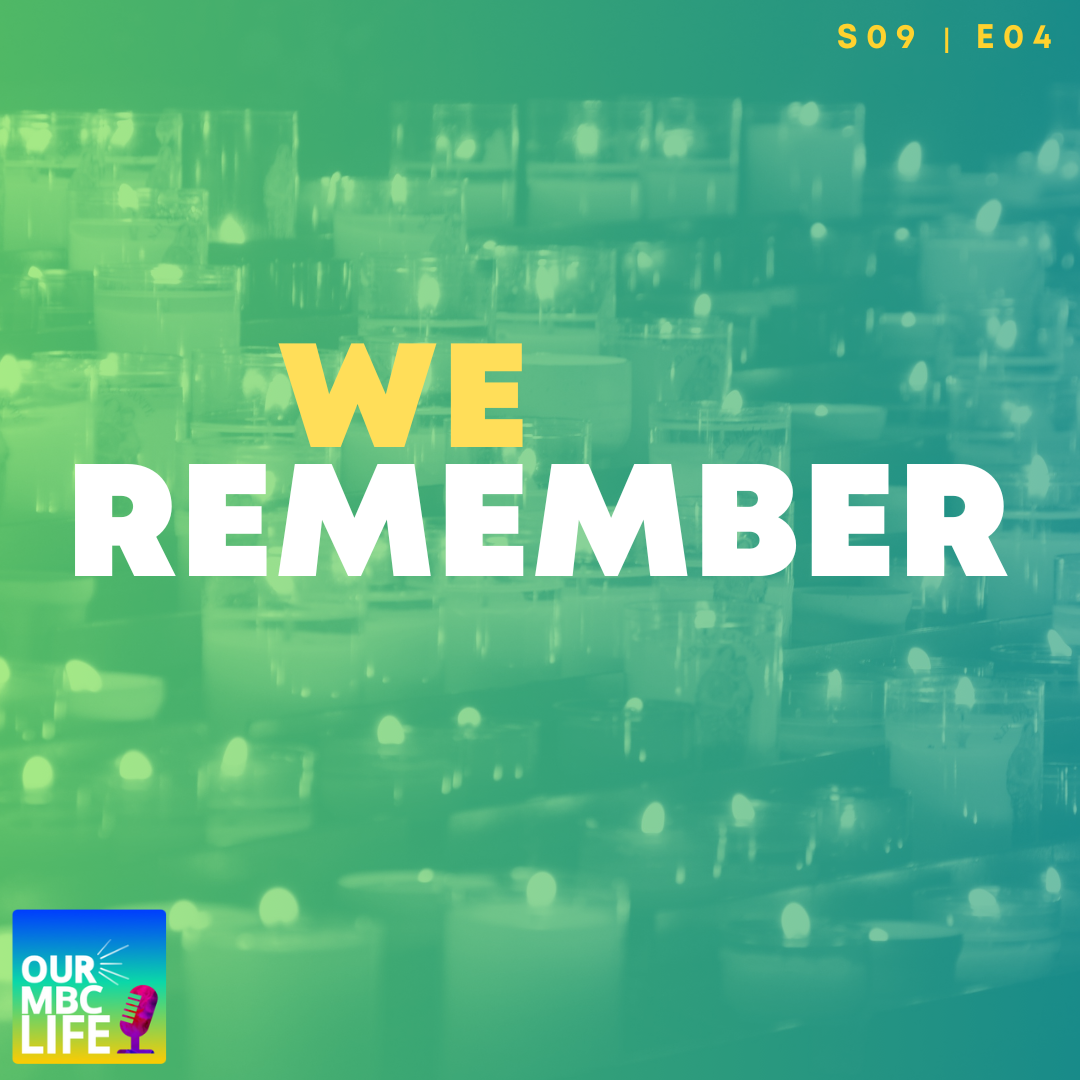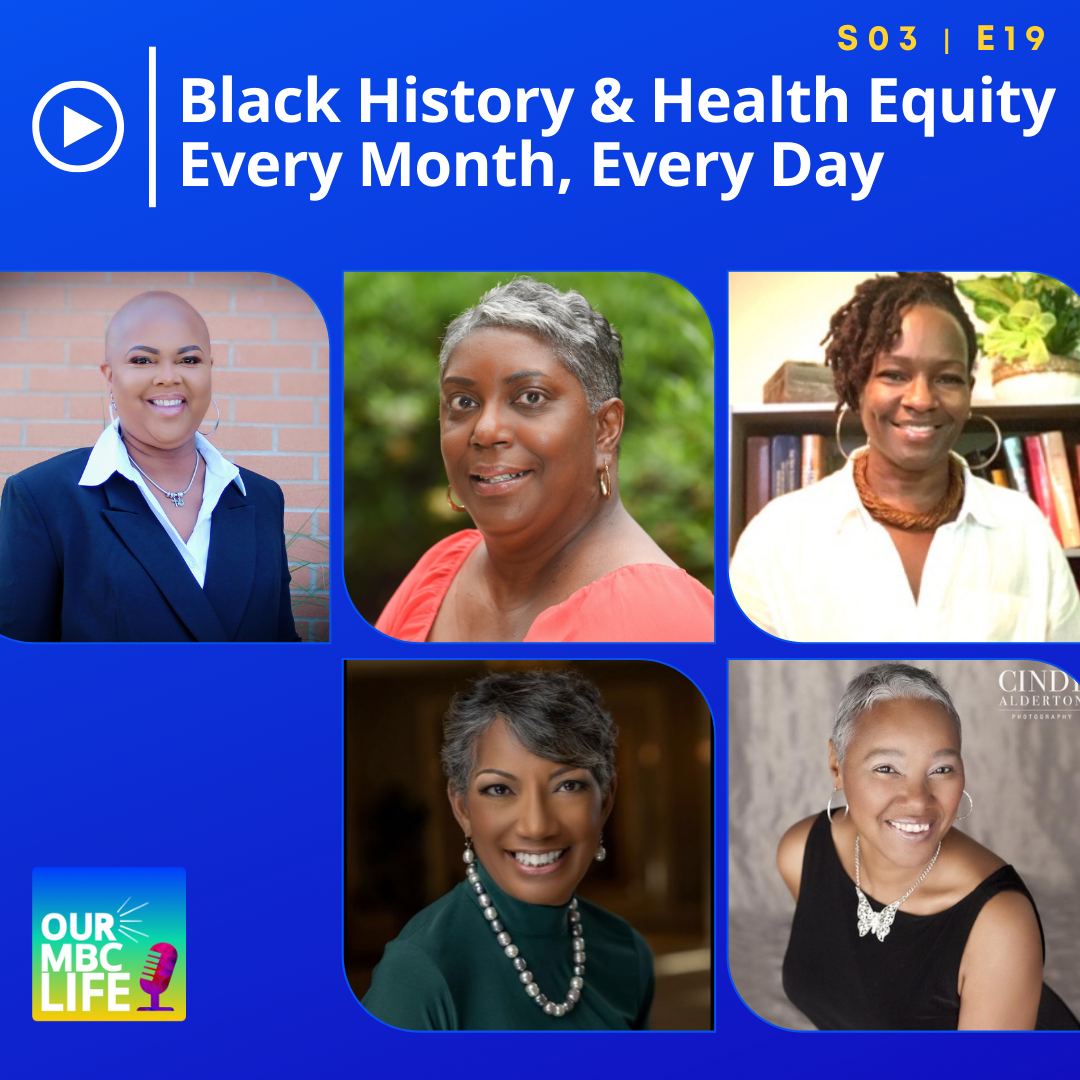Producer, Host
Stephanie Walker
Living with De Novo metastatic breast cancer since July 2015, Stephanie is a retired RN with close to 40 years experience in pediatric and adult critical care, as well as emergency department experience in critical access size hospitals to Level 1 trauma centers. Her last 14 years in nursing was spent in hospice/end of life care.
After being diagnosed with MBC in 2018, Stephanie began to volunteer with many different breast cancer organizations. She is an independent advocate with the Metastatic Breast Cancer Alliance and the project lead of the BECOME (Black Experience of Clinical Trials and Opportunities for Meaningful Engagement) initiative. She was also instrumental in the planning and participation in the Black Wo(men) Speak Symposium held in conjunction with SABCS 2022.
She is also a Living Beyond Breast Cancer Hear My Voice graduate, as well as a helpline volunteer. She is also a Project Lead grad of 2022. She is the Co-Chair of the working group that focuses on removing barriers to standard of care and quality of life.
Stephanie will answer any questions, even the hard ones regarding her own mental health. She isn’t defined by her cancer and wants others to be their own light to shine bright. She is married with adult children & grandchildren, and lives with husband John and rescue dog Rex in eastern North Carolina.














